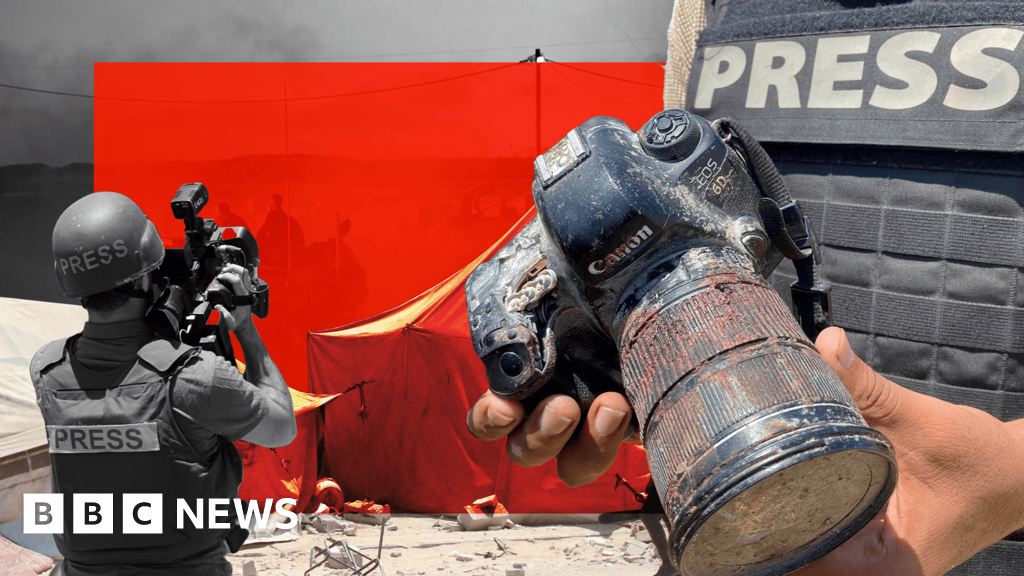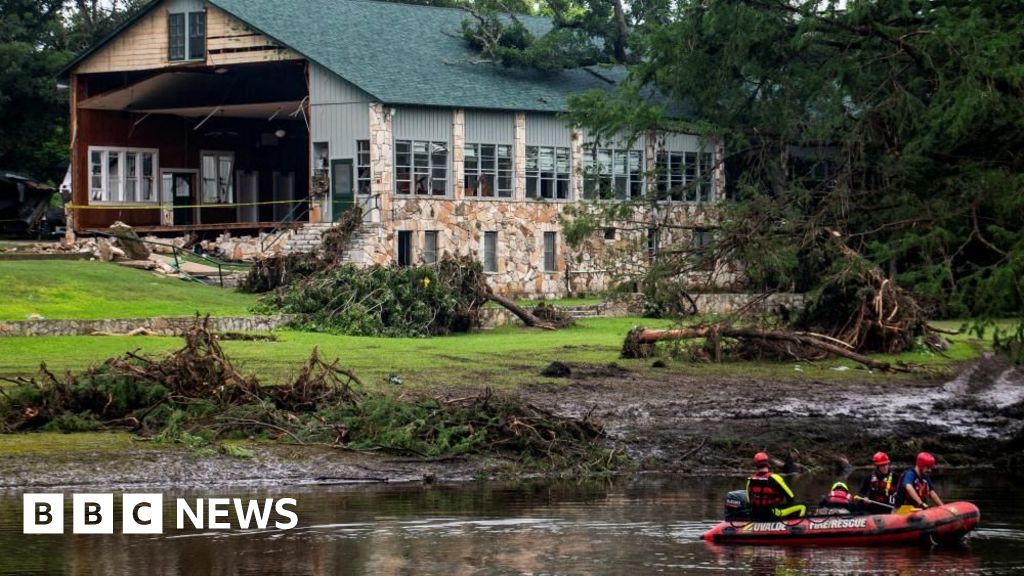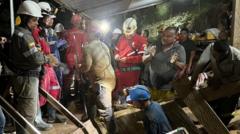MrBeast, the world's biggest YouTuber, has defended his latest stunt video - 'Would You Risk Dying for $500,000 (£372,000)' - which shows a professional stuntman escape a blazing building while collecting bags of cash.
The fiery spectacle sparked fury, as some online suggested it was dangerously irresponsible and could put viewers who might copy the clip at risk.
In response to the criticism, MrBeast - real name Jimmy Donaldson - said 'I take safety more serious than you could ever imagine.'
Donaldson has more than 440 million subscribers on YouTube and is believed to be its highest-paid creator. His business ventures also include fast food and an Amazon TV gameshow, Beast Games.
The video, first posted to YouTube on Saturday, currently has more than 45 million views. In it, Eric, the contestant, takes on seven 'death traps' including getting shot out of a cannon into some fire, 'surviving' massive explosions, as well as escaping from what appears to be a mock-up of a small house.
The dramatic but highly produced scenes in the video prompted condemnation online, with social media users calling it dystopian and 'humiliating'. However, some highlighted that it was unlikely Eric was ever in any real danger, with at least one describing it as 'a PR stunt.'
Eric eventually completed the challenges with a haul of $350,000 (£260,000).
Reacting to the backlash, MrBeast said: 'This blew up, if you're curious obviously we had ventilation for the smoke and a kill switch to cut off the fires.' He emphasized that professionals tested the setup extensively.
A pinned comment on the original YouTube video also revealed measures such as pyro teams controlling the fires and multiple fire suppression methods to ensure safety.
As one of the most popular content creators on the planet, MrBeast has numerous business ventures and previously hosted the Amazon series Beast Games, where 1,000 contestants competed for a $5 million (£3.9 million) cash prize.
Notably, he has faced allegations of exploitation in past projects and had to unnecessarily apologize for viewer experiences at various events, keeping his audience engaged yet skeptical at times.




















